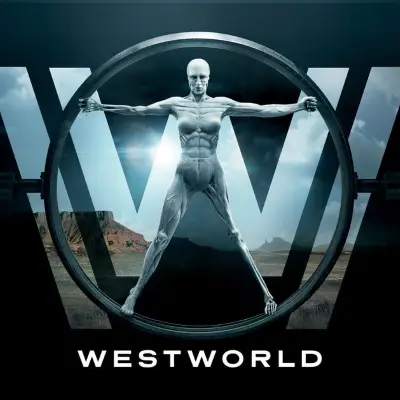Westworld hasn't been able to fix its villain problem
-

"Every season of Westworld, HBO’s glossy sci-fi show about robot cowboys and the perils of overly ambitious theme-park design, diagnoses a new villain in society," says David Sims. "In Season 1, the evil was humanity itself, as illustrated by how easily people unleashed their violent tendencies when allowed to roam free in a grown-up playground. In the second season, the true evil was Westworld’s corporate overlords, who were revealed to be profiting from the park by surveilling its visitors’ every move. The third season, which aired its finale on Sunday, took the show’s plot to its logical conclusion by leaving the park and exploring a dystopian future ruled by big data—a world where every inch of society is predicted and controlled by a room-size algorithmic computer. The pervasiveness of surveillance and data-gathering in the tech sector is a worthy and timely subject, one that was the central theme of another big sci-fi show this year, Alex Garland’s slickly made yet ponderous Devs. And as Westworld’s latest season went on, it reflected some of the ongoing battles over social and civil liberties happening around the world—battles that have only intensified in light of the coronavirus pandemic. Even though this season was full of expensive-looking locations, intense action set pieces, and A-list cast additions such as Aaron Paul and Vincent Cassel, none of that could disguise a fundamental dramatic shortcoming: No matter how unsettling it may be to think about conglomerates having tons of information on everyone, big data simply doesn’t make for a compelling onscreen villain." ALSO: Answering Westworld's biggest Season 3 questions.
